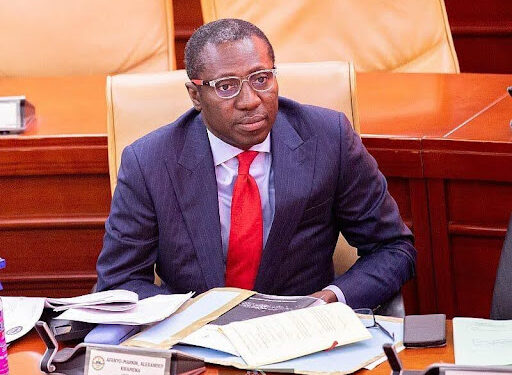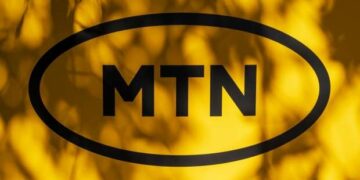Majority Leader urges Ghanaian business owners to invest in treasury bills, not dollars
Ghanaian business owners and individuals are being urged to consider investing in treasury bills or fixed deposits rather than hastily converting cedis into dollars, particularly if there is no immediate need for the foreign currency.
According to Majority Leader Alexander Kwamena Afenyo-Markin, the country experienced a similar situation in 2022 when the cedi depreciated, prompting many to rush to exchange their cedis for dollars.
This reaction led to significant financial losses when the exchange rate later dropped. He advises that a more cautious approach by businesses is prudent.
The cedi has weakened by 10% against the dollar since the MPC decided to keep borrowing costs unchanged at its March meeting, making it the worst-performing currency globally over this period. Concurrently, inflation has averaged 25%.
The currency’s decline has been exacerbated by a significant drop in cocoa earnings. Revenues from cocoa exports, which are used to support the cedi, plummeted by 49% to $599 million in the first four months of this year due to adverse weather, disease, and fertilizer shortages affecting production in Ghana, the world’s second-largest cocoa producer.
At a press conference at Parliament House, Afenyo-Markin stated, “In 2022, many people lost money due to the pessimistic outlook promoted by the NDC, leading them to convert their cedis at high rates. When the dollar rate dropped, they incurred significant losses. I encourage Ghanaian businessmen and individuals to remain optimistic and not to rush to convert their cedis. The government has previously managed to bring high rates down through prudent economic policies. Therefore, if you do not need dollars immediately, it is better to invest in treasury bills or fixed deposits. Saving in cedis can protect your investment in the long term.”
These comments come amid accusations from the Majority that the Minority caucus is sabotaging the economy by spreading misinformation and driving away investors.
The Minority in Parliament has raised concerns about the government’s alleged violation of the Public Financial Management Act, particularly regarding the contract for dualizing the Kasoa-Winneba section of the Accra-Cape Coast highway without Parliamentary approval.
Minority Leader Dr. Cassiel Ato Forson questioned the government’s funding source for this project.
However, Afenyo-Markin countered that the contract in question, being an international transaction, did not require Parliamentary approval for every multi-year contract.
He accused the Minority of misleading the public and attempting to sabotage the economy by scaring off investors with false information.
Looking forward, the cedi might recover with a $360 million disbursement from the International Monetary Fund expected by the end of June, following a draft agreement to restructure debts with official creditors.
Ghana is restructuring most of its $42.2 billion debt as part of the conditions for a $3 billion IMF program.
Finalizing a draft MOU was necessary to secure the $360 million installment. Analysts also suggest that favorable base effects could lead to a significant slowdown in inflation.









